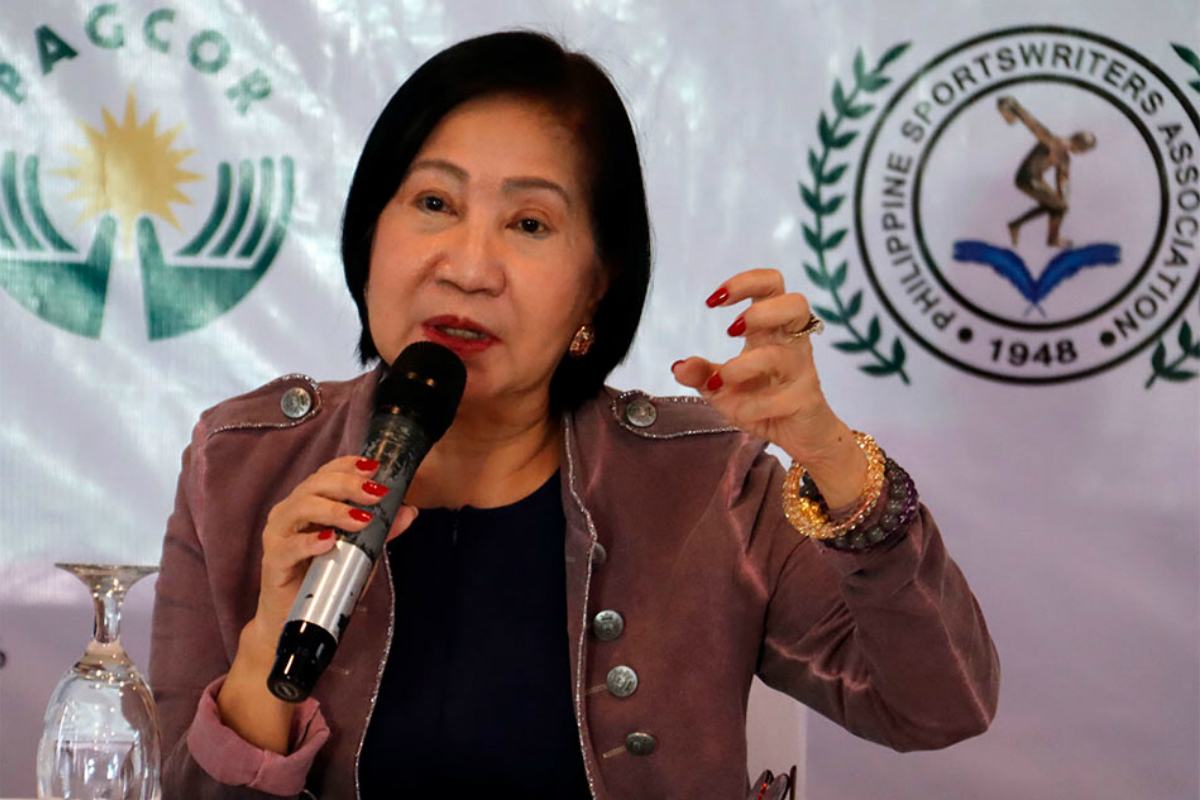Philippines Offshore Gaming Operator Applications Suspended, as Country Adheres China Demand
Posted on: August 20, 2019, 11:29h.
Last updated on: August 20, 2019, 12:45h.
Philippines offshore gaming operator (POGO) license applications have been suspended, effective immediately, as the country adheres to China’s warnings to overhaul its regulations regarding the internet businesses that target foreign players.

Andrea Domingo, the chair of the Philippine Gaming and Amusement Corporation (PAGCOR), said the moratorium will last through at least the end of the year. The notice comes less than two weeks after the Chinese Embassy in the Philippines issued a sternly worded declaration to the Filipino government that online gaming networks targeting citizens in countries where gambling is illegal must be punished.
“We will no longer at this time accept any more applications until we have reviewed and comfortably addressed all of the concerns,” Domingo said at a press conference Monday. “We should be able to come up with a viable and good program. If we need to change policies, if we have to amend operating procedures, we will be ready to have that by the end of the year.”
As of August 14, PAGCOR said there were 58 licensed POGO companies. They operate under vague entities such as “Pride Fortune Limited,” “Blessed Dragon Limited,” and “Oriental Game Limited.”
Philippines President Rodrigo Duterte and China President Xi Jinping are scheduled to meet this month to discuss online gaming.
POGO Reform
Gambling is illegal in China, the exceptions being the state-run lotteries and the Special Administrative Region of Macau, the world’s richest casino hub. The People’s Republic alleges that Philippines off-shore gaming networks are targeting its citizens, and additionally bringing many Chinese people to Filipino POGO call centers to work as service reps, speaking with foreign customers in their native Mandarin.
Along with urging the Philippines government to “take concrete and effective measures” against operators accepting play from China, the People’s Republic has “grave concerns” that their citizens are being forced into slave-like labor conditions upon arrival.
Many of the POGO companies are based in freeport zones, such as the Clark Freeport Zone, a leisure, gaming, and entertainment hub that sits adjacent to the Clark Air Base, part of the Philippine Air Force. Domingo says it’s easier for her agency to monitor the POGOs when they’re in hubs. But this week, Defense Secretary Delfin Lorenzana said being situated too close to active military bases is a worry.
Knowing that Chinese companies are mandated by the Chinese government to assist in intel collection for their government, it is not far-fetched that individuals, likewise, could be compelled to do so,” Lorenzana declared.
China’s ambassador to Manila said such accusations are nonsense. It’s estimated that the vast majority of the 138,000 people employed by POGO enterprises in the Philippines are Chinese nationals.
Revenue Down
PAGCOR reported its official second quarter gaming industry data on Monday, and the statistics revealed a slight drop in win.
The commercial casino resorts in Manila’s Entertainment City and the state-owned PAGCOR gaming venues collectively reported gross gaming revenues of PHP 52.296 billion ($1 billion). That’s a 0.4 percent decline from the same three-month period in 2018.
The commercial casinos accounted for the bulk of the revenue at $830 million.
Related News Articles
New Online Gambling Ban Bill Introduced to US House
Australia Considers Regulating Online Poker as Internet Gambling Ban Takes Effect
Bernie Sanders Announces 2020 Candidacy, Joins Crowded Democratic Field
Most Popular
Mirage Las Vegas Demolition to Start Next Week, Atrium a Goner
Where All the Mirage Relics Will Go
Most Commented
-
Bally’s Facing Five Months of Daily Demolition for Chicago Casino
— June 18, 2024 — 12 Comments -
Chicago Pension Mess Highlights Need for Bally’s Casino
— July 2, 2024 — 5 Comments
















Last Comment ( 1 )
None